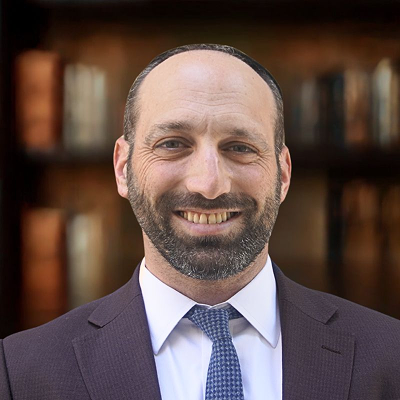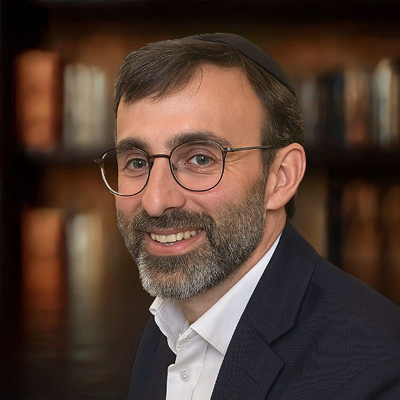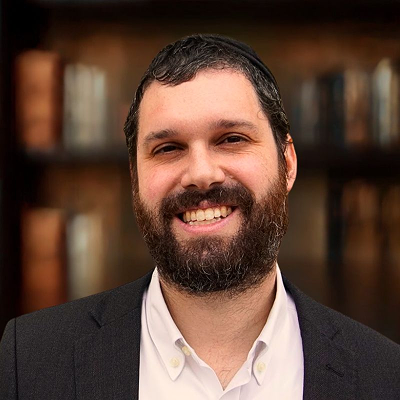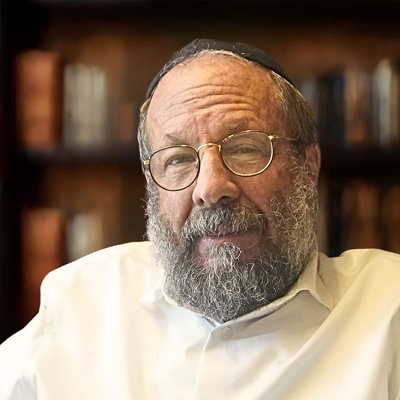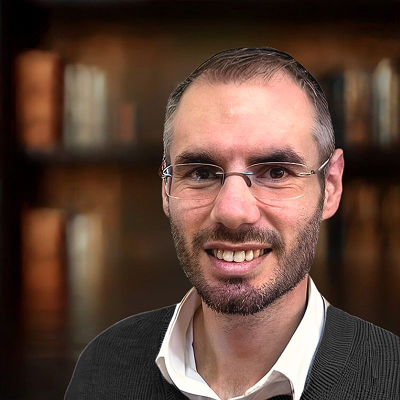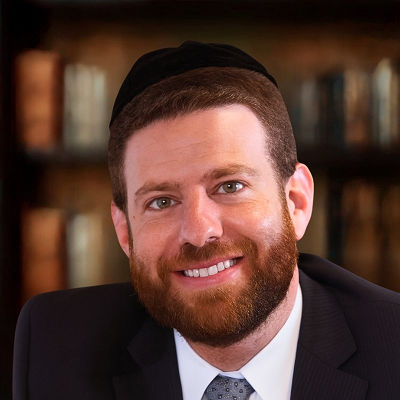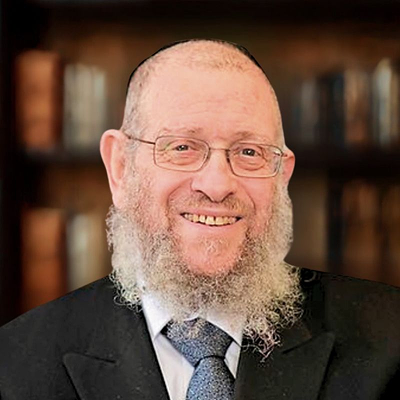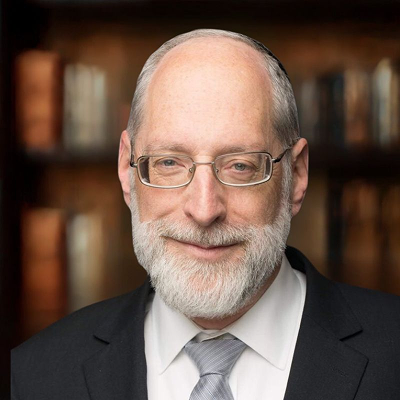Machon Shlomo - The Heiden Institute
Building the Jewish Leaders of Tomorrow.
Machon Shlomo offers an immersive Torah education, equipping students with the values, knowledge, and leadership skills to reclaim their heritage and build a meaningful Jewish life.
%201.avif)
Hear from Our Alumni
Our alumni share how Machon Shlomo shaped their path in Torah, personal growth, and community leadership.
Hear from Our Alumni
Our Mission, Our Tradition
.avif)
About Us
For more than forty years, Machon Shlomo has been teaching highly motivated students who arrive with minimal Jewish education. Located in Jerusalem, our intensive, full-time programs, offered in one and two-year tracks, provide a robust Torah-based foundation for spiritual, intellectual, and ethical growth.
.avif)
Our Students
Machon Shlomo students have a deep desire to learn, to grow, and to be part of a shared, growth-oriented experience.
We serve Jewish, English-speaking college graduates in their 20s and 30s. Our students come from the world’s best universities and companies, deciding to pause their studies and careers to spend a year or two devoted to Torah learning and self-growth.
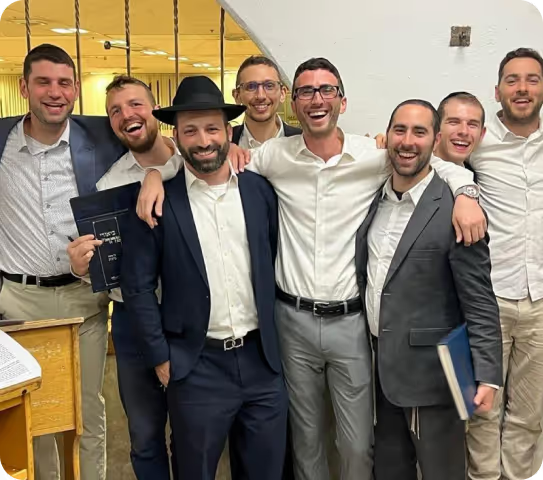
Our History
Machon Shlomo was founded in 1982, far from the bustle and distractions of downtown Jerusalem. The yeshiva’s founder, Rabbi Yaakov Rosenberg zt”l, hand-picked an unassuming location where motivated students could build themselves to achieve greatness.
.avif)
A Comprehensive Torah Curriculum
In 9 months, many of our students go from not understanding Hebrew to being able to read, translate, and discuss entire pages of Jewish law in the original text.
Through pair-based learning, dynamic lectures and individual tutoring, our curriculum prepares students to be Jewish fathers, husbands and leaders.
We study the Talmud in its original Hebrew-Aramaic, dive into each week's Torah portion and have a special focus on character development.
A Glimpse Into Our Yeshiva
Student Testimonials
.webp)
Tom Steinberg
Investment Management
All the meaningful parts of my life-my family, my home in Jerusalem, and my ongoing growth-are rooted in the foundation I built at Machon Shlomo.

Bruce Luchansky
Attorney
Even with the high expectations I had entering Machon Shlomo, my experience there far exceeded anything I could have imagined.
.webp)
Martin Swartz
Intelligence Officer
Martin Swartz Machon Shlomo gave me the tools to engage seriously with Torah and to participate meaningfully in an observant community - while also forming friendships that have lasted a lifetime.
.webp)
Justin Maio
Intellectual Property Lawyer
Machon Shlomo not only provided me with an opportunity to explore the depth of Torah, but also the depth of who I am.
A Place to Learn, Grow, and Connect
Located in a peaceful setting, Machon Shlomo provides a conducive atmosphere. Our facilities offer everything students need for a meaningful and focused yeshiva experience.
.webp)
.webp)
Study Hall
- The heart of our Yeshiva is our bustling Beis Midrash (study hall).
- The spacious, well-lit area is designed for immersive Torah study, prayer, and deep thought.
- Our study hall isn’t silent, inspired by classic Yeshivas, you hear lively debates and learning among study partners, tutors, and rabbis.
- Our classes are filled with questions, lectures, and learning.
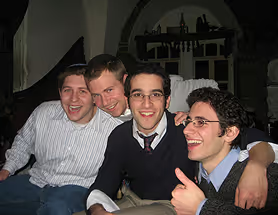
.avif)
Dorms
- Students have a short commute to class, just down the stairs.
- Our dorms hold 2-3 students each, preparing everyone for family life and marriage.
- Wireless internet is available throughout the building.
- Each floor has shared showers, bathrooms, and a laundry room.
- A fully equipped laundry room with washers and dryers.
.avif)

Har Nof
- Har Nof is an established and growing Israeli-American neighborhood.
- Our outdoor porches and windows offer expansive views of the forest, valley, and hills.
- Our hilltop neighborhood is very walkable and lively.
- A grocery store, pharmacy, a few restaurants, and corner markets are a few minutes’ walk away.
- A shopping district is a few minutes by bus, and downtown Jerusalem is a 20-minute bus ride, with buses every 10 minutes.
.webp)
.webp)
Gym and Cafeteria
- In 2024, our upgraded gym opened, providing students with equipment to maintain their physical and mental well-being.
- A full-time chef prepares home-cooked meals for all the students in our two kitchens.
- Students are served high-quality kosher meat, chicken, fish, and vegetables.
- Coffee, tea, and snacks are available all day.
Take the First Step Towards A Transformative Year
Program Dates
September to June
Application Deadline
Rolling Admission
Please note: Once all spots are filled, subsequent applicants will be placed on a waiting list. We encourage early registration to secure your place.
How to Apply
Complete the Online Application
Submit your details through our streamlined application form.
01
Interview with Our Rabbis
A conversation to understand your background, goals, and aspirations.
02
Acceptance & Enrollment
Receive guidance on the next steps, including preparing for your studies.
03
Have Questions? We’re Here to Help
Everything you need to know about Machon Shlomo, from admissions to daily life and beyond.
Contact UsWho is Machon Shlomo for?
Our students have a deep desire to learn, to grow, and to be part of a shared, growth-oriented experience.
We serve Jewish, English-speaking college graduates in their 20s and 30s. Our young men come from the world’s best universities and companies, deciding to pause their studies and careers to spend a year or two devoted to Torah learning and self-growth.
Do I need a background in Jewish studies or Hebrew to attend?
No, our program is specifically designed for college-educated men with limited backgrounds in Jewish learning. Our rabbis and tutors specialize in making lessons accessible and building knowledge and skills quickly. All classes are taught in English.
When does the program start and end?
Machon Shlomo follows a structured nine-month academic calendar, starting in early September and ending in mid-June.
There are intermittent breaks surrounding the Jewish holidays as well as a short winter break.
How much does tuition cost?
Machon Shlomo is an investment in your Torah learning for a lifetime of growth.
Annual Tuition: $15,500
Machon Shlomo, together with our generous alumni and donors, ensures that every student has the opportunity to attend. We offer scholarships, flexible payment plans, need-based assistance, and work opportunities.
Tuition includes:
* Full-time schedule
* 24/7 access to facilities, library, and gym
* Regular one-on-one tutoring sessions
* Hot, home-cooked meals throughout the academic year
* Shabbat placements with host families
Airfare, medical insurance, books and personal expenses are not included.
Will I become a Rabbi?
Machon Shlomo is not a rabbinical ordination program, although some graduates do choose to pursue rabbinic ordination after their time here.
Our alumni have gone on to excel in diverse fields, holding positions at the highest levels in law, medicine, finance, education, music, engineering, public service, and the rabbinate.
Where will I live after graduation?
The vast majority of students return to their home community after studying at Machon Shlomo. However, a small percentage of alumni have settled in English-speaking communities in Israel, including Har Nof, Rachavia, and Ramat Beit Shemes.
Apply Today.png)

.avif)
.avif)
.avif)
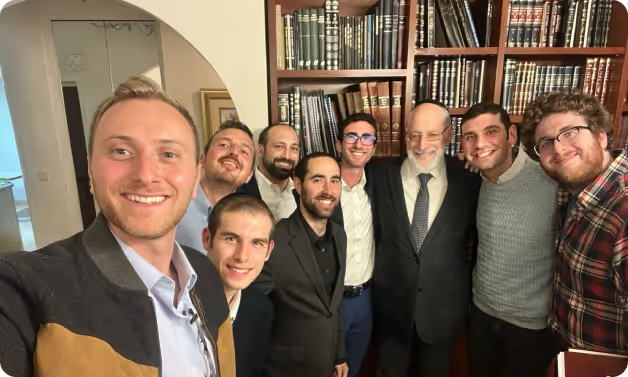

.avif)
.avif)
.avif)
.avif)

.avif)
.png)
